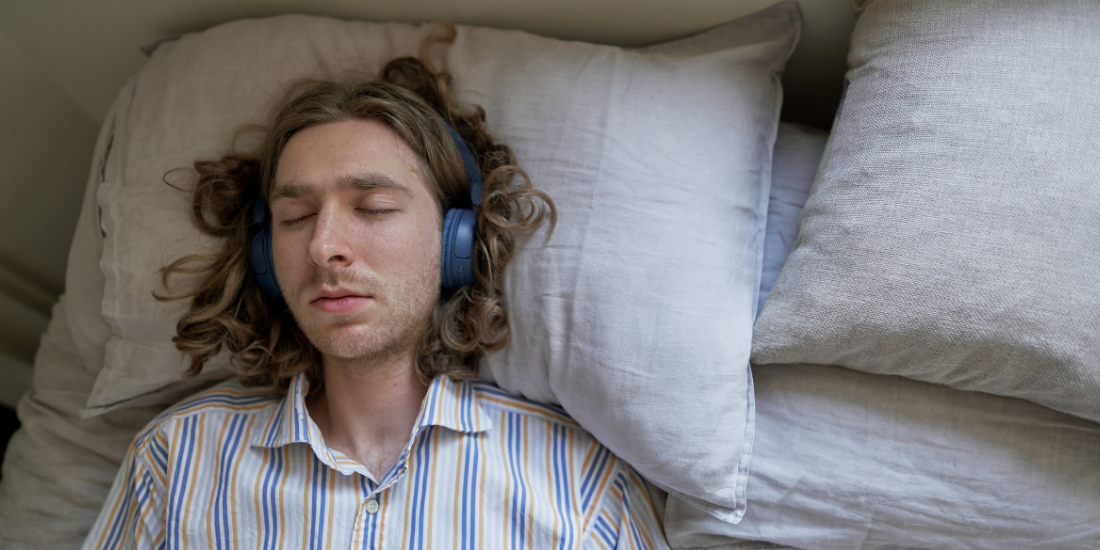
The quality of young people’s sleep can be significantly improved by certain behaviours in their parents, new research has found, with important implications for youth mental health.
The new research, led by University of Melbourne and Orygen PhD candidate Rosalind Ge and published recently in JAMA Network Open, examined data from 3419 adolescents and found that certain parental factors – such as parental mental health or parental monitoring – had an impact on specific sleep outcomes in the adolescents four years later.
Rosalind Ge said the research found family conflict and mental ill-health in parents were associated with poorer sleep quality, delayed sleep timing, and evening-type chronotype, more commonly known as being a ‘night owl’.
“At the same time, we saw that parental monitoring – establishing consistent bedtimes, enforcing healthy sleep habits and limiting activities that disrupt sleep patterns such as excessive screen time – led to better sleep quality,” Ge said.
“Sleep problems are common in adolescence and are associated with poorer mental and physical health, so better understanding how the family environment can help or hinder sleep is an important step in improving the mental health of young people.”
The study, co-authored by Head of the Neurobiology and Neurodevelopment group at Orygen, Associate Professor Vanessa Cropley, also found that screen use and emotion regulation are important ‘mediators’ between parental factors and teen sleep – meaning that family conflict, parental monitoring, and parental mental health influence adolescent sleep partly by impacting how much screen time teens have, and how well teens can regulate their emotions and manage stress.
Ge said that parenting practices can directly shape emotional regulation skills, which are essential for healthy sleep patterns.
“Emotional regulation helps with stress management as well as consistent bedtime routines, which are important for good sleep health,” Ge said.
“Likewise, parents can have a big influence on adolescents’ screen use behaviours – which can impact sleep through the disruption of circadian rhythm and through what we call cognitive arousal, which is essentially an excited brain making it harder to fall asleep.
“Our results underscore the value of looking at parental mental health and family dynamics when helping young people with sleep disturbances, and for developing parenting strategies that encourage age-appropriate monitoring of adolescents and reduce family conflict.
"Addressing emotional distress in parents could also have a positive impact on adolescent sleep quality.”
Results from the study provide evidence for which parental factors significantly influence adolescent sleep, and could be used to inform the development of targeted, evidence-based strategies for parents and carers to promote healthy sleep in adolescents.